Dealing with garden pests can be a frustrating challenge for many gardeners. While chemical pesticides may offer a quick solution, they can also harm beneficial insects, pollute the environment, and pose health risks to humans and pets. Fortunately, there are effective natural methods for controlling garden pests that are safe, eco-friendly, and sustainable. In this guide, we’ll explore some of the best natural ways to keep pests at bay and protect your garden.


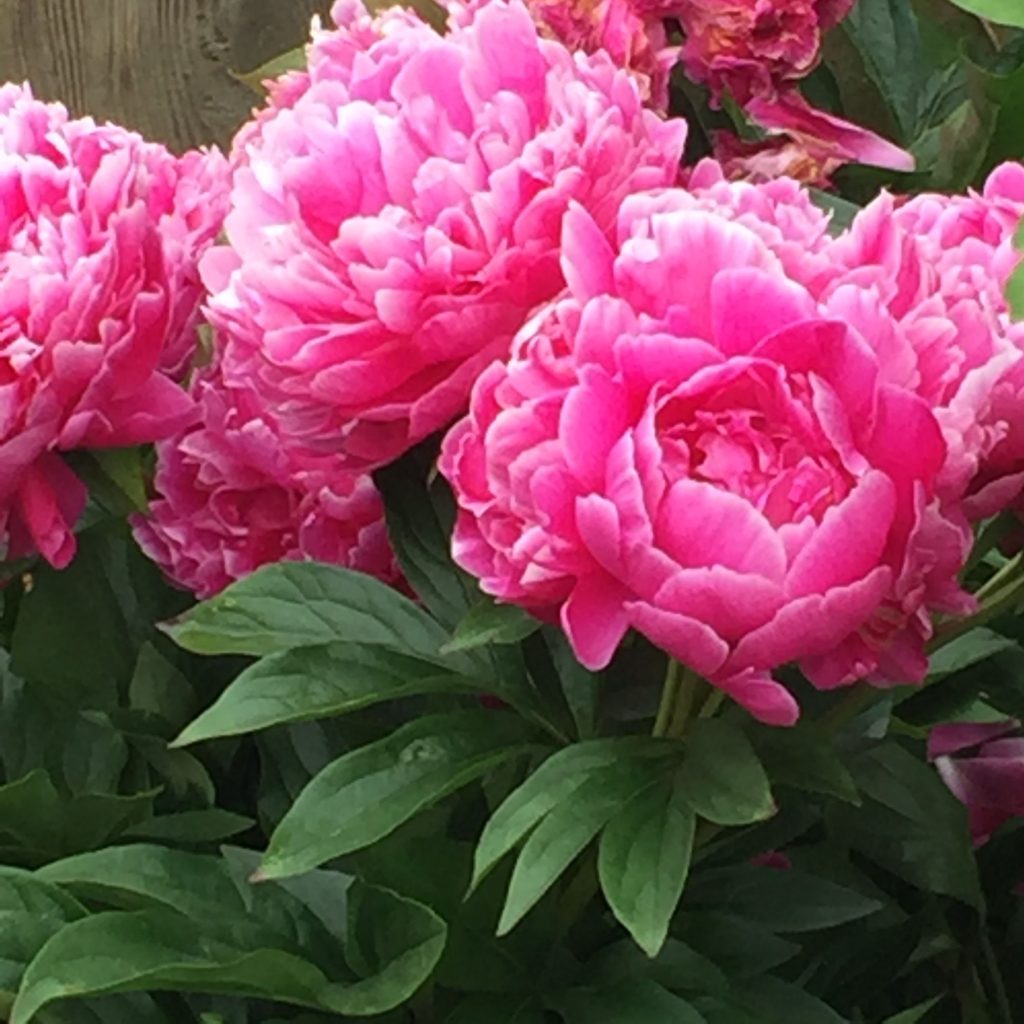
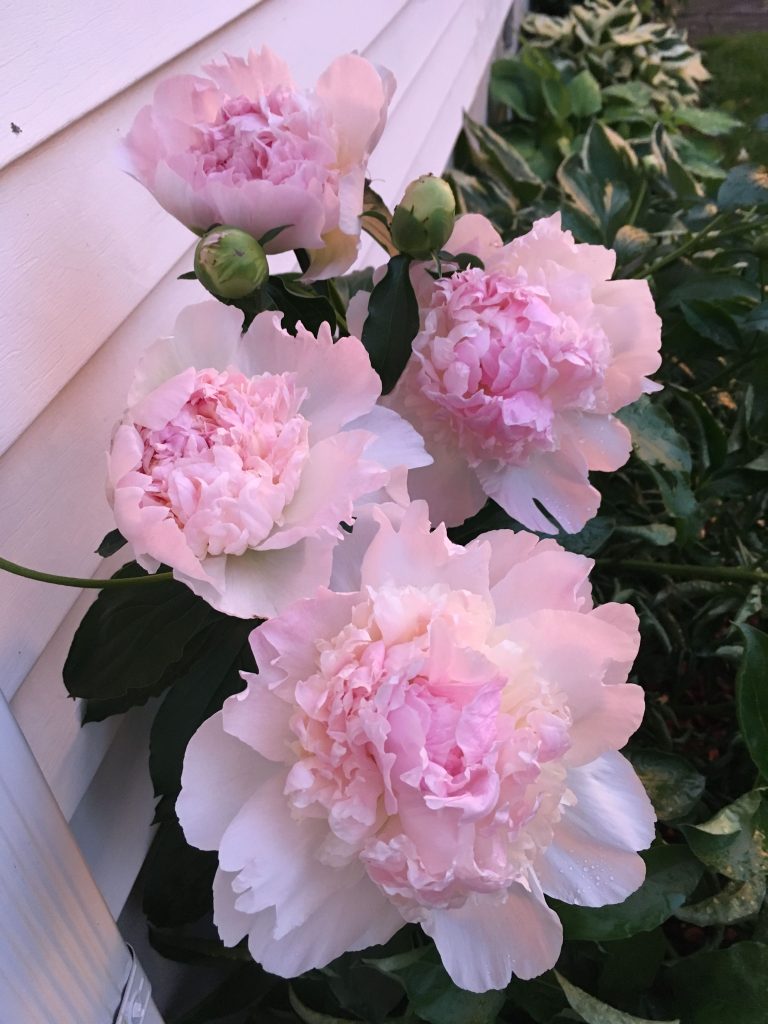
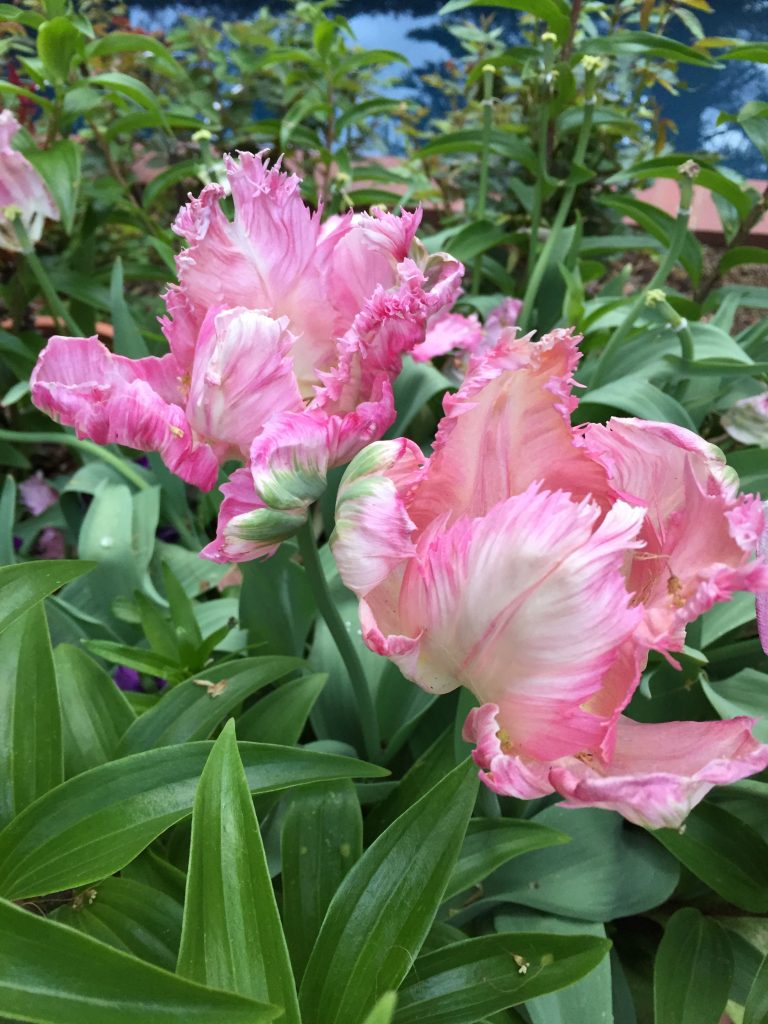
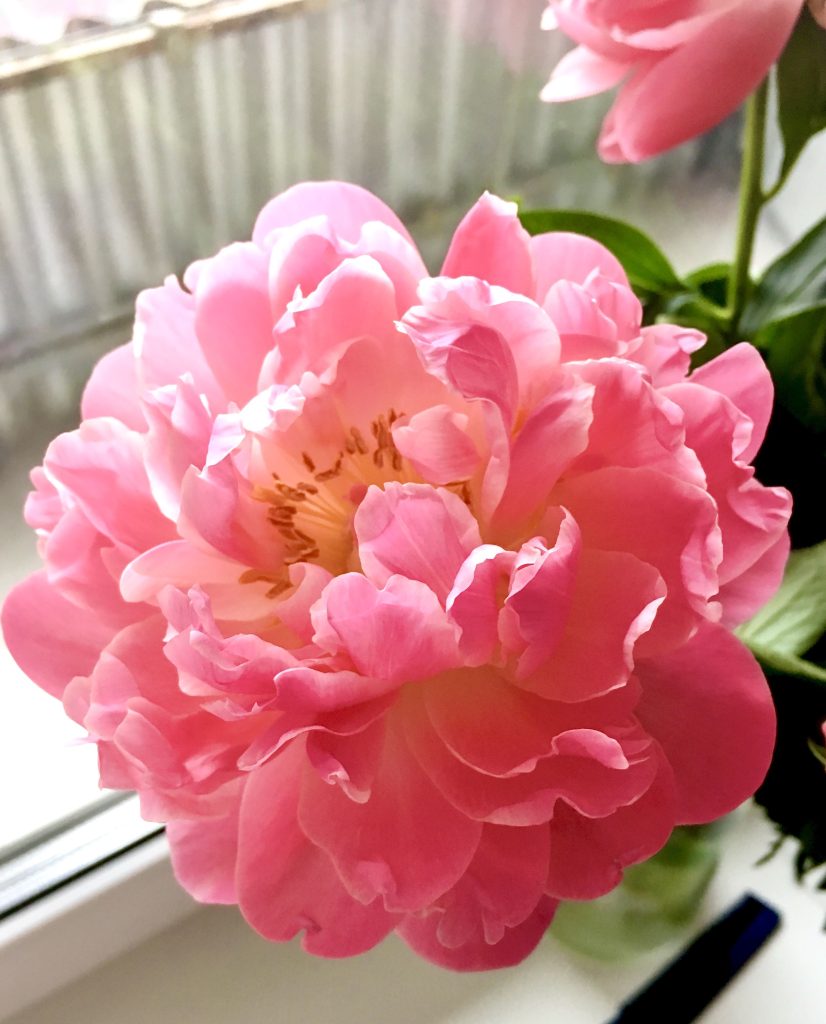
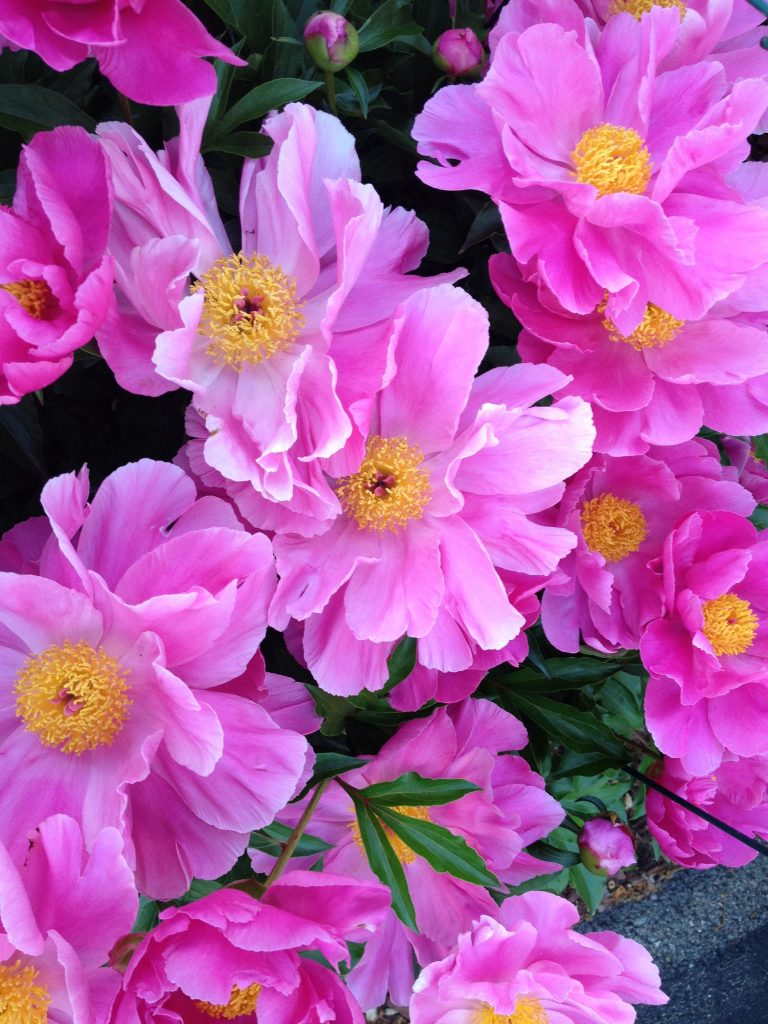

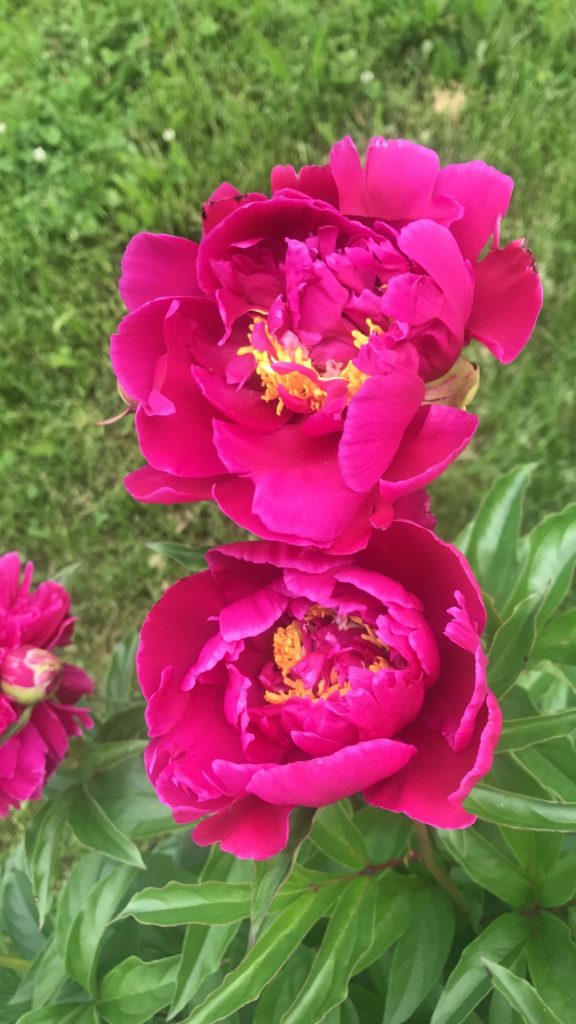

Identify the Pest Problem
Tip: The first step in natural pest control is to identify the specific pests that are causing problems in your garden. Different pests require different control methods, so it’s important to know what you’re dealing with. Look for signs of damage, such as chewed leaves, holes in foliage, or insect activity, and research common pests in your area to identify the culprit.
Encourage Beneficial Insects
Tip: Encourage beneficial insects, such as ladybugs, lacewings, and predatory wasps, to help control garden pests naturally. These beneficial insects feed on common garden pests like aphids, caterpillars, and mites, reducing their numbers and keeping them in check. Planting a diverse range of flowers and herbs can attract beneficial insects to your garden.
Use Natural Predators
Tip: Introduce natural predators, such as nematodes, praying mantises, or beneficial nematodes, to help control garden pests. These natural predators can help keep pest populations under control without the need for chemical pesticides. Be sure to research the specific predators that target the pests you’re dealing with and release them at the right time for maximum effectiveness.
Practice Crop Rotation
Tip: Practice crop rotation to help prevent the buildup of pest populations in your garden. Rotating crops each season can disrupt the life cycle of pests and reduce the risk of infestations. Plan your garden layout carefully and rotate crops to different areas each year to maintain a healthy balance and minimize pest problems.
Use Insecticidal Soaps and Oils
Tip: Use insecticidal soaps and oils as a natural alternative to chemical pesticides. These products are effective against a wide range of garden pests, including aphids, mites, and whiteflies, and they break down quickly in the environment, reducing the risk of harm to beneficial insects. Follow the application instructions carefully and apply these products when pests are active for best results.
Handpick Pests
Tip: Handpick larger pests, such as caterpillars or beetles, and drop them into a bucket of soapy water to control their numbers. This method may be time-consuming but can be very effective for reducing pest populations in small gardens or on individual plants.
Apply Organic Neem Oil
Tip: Apply organic neem oil to control a variety of garden pests, including aphids, mealybugs, and scale insects. Neem oil is a natural insecticide and fungicide derived from the neem tree and is safe to use on edible and ornamental plants. Mix according to the package instructions and apply as a foliar spray to target pests directly.
Use Row Covers
Tip: Use row covers to protect vulnerable plants from pests like cabbage moths, carrot flies, or flea beetles. Row covers are lightweight, breathable fabrics that allow sunlight, air, and water to reach plants while keeping pests out. Install row covers over your plants and secure them tightly to prevent pests from gaining access.
Maintain Garden Hygiene
Tip: Maintain good garden hygiene by keeping your garden clean and free of debris, weeds, and fallen leaves. Pests often hide and breed in these areas, so removing them can help reduce pest populations and prevent infestations. Regularly clean up your garden and dispose of plant debris properly to keep pests at bay.
Conclusion
Controlling garden pests naturally doesn’t have to be a daunting task. By identifying the pest problem, encouraging beneficial insects, using natural predators, practicing crop rotation, applying insecticidal soaps and oils, handpicking pests, applying organic neem oil, using row covers, and maintaining garden hygiene, you can effectively control garden pests without resorting to chemical pesticides. These natural methods are safe, eco-friendly, and sustainable, allowing you to protect your garden and the environment while enjoying healthy, vibrant plants. So take the natural approach to pest control and create a garden that thrives with beauty and vitality, free from harmful chemicals and pests!